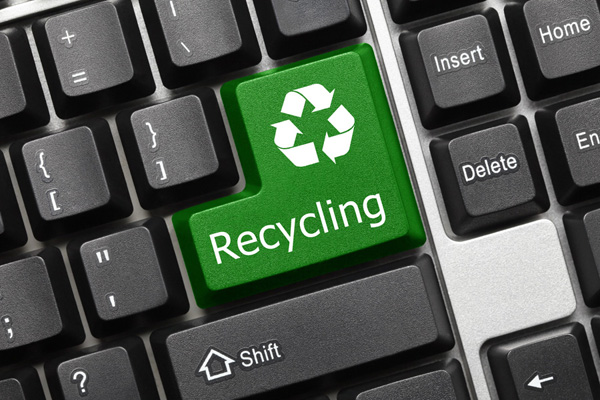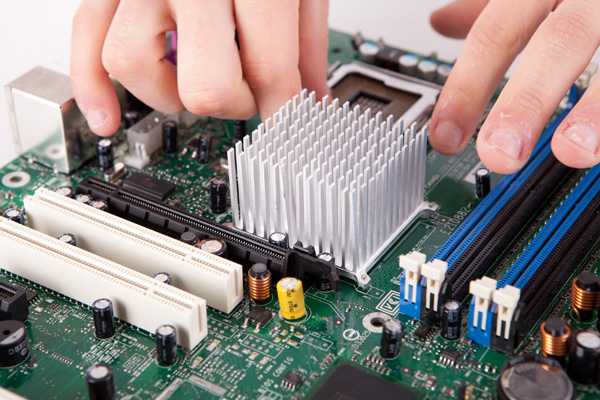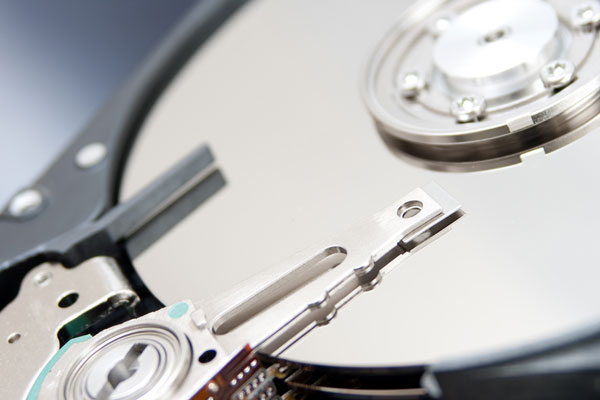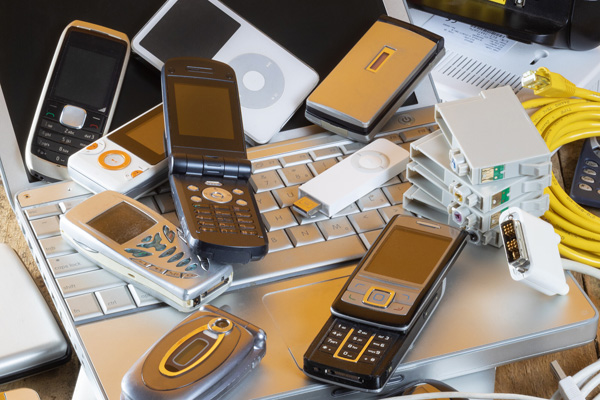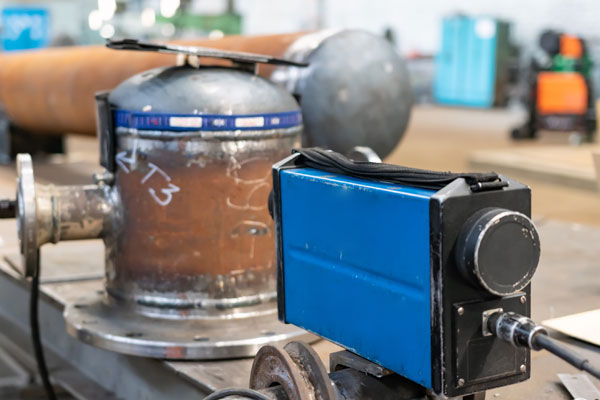Should You Upgrade or Replace Your Computer?
And What Should You Do with the Old One?
As your computer ages, it becomes more difficult to install new programs and operating system updates. It takes longer to open existing programs, and there might be limited storage space.
Even worse, you eventually get to a point where you can’t install new programs at all — your computer simply no longer meets the minimum requirements.
Of course, upgrading your computer with new components is definitely an option, but it’s not always the best idea.
Here’s what you need to know if you’re thinking about upgrading or replacing your PC.
When to Upgrade Your PC
Upgrading your computer can be a great way to get more out of your existing device without having to buy a new one. The main indicator that your computer needs an upgrade is if you’re noticing a decrease in performance.
Because a computer has so many components, the type of performance issues that you’re running into play a big role in what type of upgrades you need. For example, if the only problem you have is that you’re running out of storage space constantly, you might just need a new hard drive.
However, if your computer is slowing down, freezing more often, or having trouble running programs, then you might need additional RAM or a new graphics card (common with computers that performs graphics-intensive work, like video editing).
Replacing a processor is almost impossible in most laptops, but sometimes swapping in a new motherboard and processor is possible on desktop models.
Upgrading your computer is sometimes cheaper than buying a new one and can help extend its lifespan, putting more time between you and that next big purchase. A new hard drive and a little bit of extra RAM can sometimes be all you need to meet the requirements of the latest and greatest software you want to use.
Of course, the downside of upgrading your existing computer is that, eventually, it becomes more trouble and cost than it’s worth. If you need to replace every single component in your computer, it might be more cost-effective to just buy a new one.
Because computer technology advances so quickly, often the best choice is to find a new machine that meets your current needs.
When to Replace Your PC
Generally, you should consider replacing your PC if it’s more than 5 years old. For users on the cutting edge, replacement worries start as early as 3 years.
You’ll want to replace your computer for the same reasons you might want to upgrade it— it’s slow, it’s freezing all the time, you have no storage space, it’s not running the programs you want it to (or it’s not running them at the speed you’d prefer), etc.
There are several benefits to replacing your computer over upgrading. First, you can buy the latest technology that is designed to all work together, producing something more powerful than if you just created a Frankenstein computer out of multiple upgrades— the end product is superior.
Second, you get some serious peace of mind. Old computers, even if you’ve upgraded them, are still at risk of breaking down or having the old issues crop back up. A brand new device is going to work exactly the way you want it to, out of the box, for years to come. You no longer have to wonder if you’re going to be dealing with seemingly never-ending computer problems during your work week.
Finally, you reach a point where it’s actually cheaper to buy a new computer than to upgrade an old one. Unless you’re upgrading your computer yourself, you’re likely paying someone to do it for you, and the time involved for an experienced IT person can be expensive.
Old computers are also less efficient. Time spent dealing with computer problems or slow software is money you’re not making. On top of that, new computers can cost less out of the box than buying all the components piece by piece over the years, especially if you have to replace a component multiple times.
And don’t forget that a brand new computer is going likely going to come with the latest software— software you might need anyway.
What to Do with Your Old Computer
When upgrades are no longer possible and it’s time to get rid of your old computer, you have a few options, depending on the condition of the computer, how old it is, and some other factors.
An experienced electronics recycling service like Protec Recycling in Alabama delivers several advantages:
- Protec Recycling works hard to keep electronics out of landfills, protecting the environment for the benefit of future generations.
- Protec works with businesses, government agencies, medical facilities, and educational institutions to routinely handle the recycling of decommissioned electronics.
- Protec is a NAID AAA certified recycler, meaning we take every precaution to destroy personal, corporate, and private information, assuring that no sensitive data gets into the wrong hands.
- For larger companies, Protec helps with ITAD (Information Technology Asset Disposition), which is the practice of remarketing IT assets like old computers, providing a return on your recycling program.
- Protec comes onsite for facilities within our Alabama service area.
You can learn more by visiting our page on Full Service Electronics Recycling. Remember, if it plugs in or has a circuit board, Protec Recycling can likely handle it!
Contact Us Today About Recycling Old Computers
From one-time recycling to regularly scheduled service, Protec Recycling helps you regularly (and properly) recycle old computers. To schedule a pickup, call our office at 205-549-2120 or visit our Contact Us page today.

